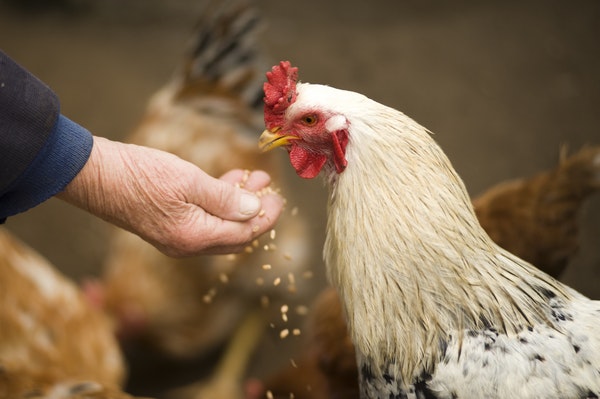The Earth’s population has more than quadrupled in the last 150 years, which has led to dramatic changes in the livestock industry because farmers had to increase the density of animals in order to meet demand. As a result of the increased proximity of animals to one another, disease became a huge problem. Subsequently, antibiotics began to be commonly used on livestock farms.
Originally, antibiotics were only used to treat sick animals, however this led to the discovery that the drugs would also help livestock grow and gain weight. Antibiotics then became a common ingredient in the feed of pigs and poultry, among others.
The Overuse of Antibiotics
The overuse of antibiotics in both humans and livestock is a troubling issue. This is because bacterium has the ability to mutate and become resistant to certain types of antibiotics, leaving us without a cure to the illnesses they cause. Over-exposing livestock to antibiotics results in bacterial mutation, which could result in an incurable pathogenic outbreak in humans if the products are not cooked correctly.
In addition to bacterial mutations, overuse of antibiotics is dangerous in livestock due to the different effects that some drugs have on different microbes. One type of antibiotic may be ineffective on one of two types of bacteria, leaving room for one to thrive once the other type had been killed.
Environmental impacts also result from overuse of antibiotics in livestock. It has been found that contamination of aquatic and terrestrial environments occur from the drugs making their way through the body of animals, and ending up as manure on agricultural lands.
Changing Antibiotic Laws
As well as the problems for humans and the environment that overuse of antibiotics pose; there are also laws that dictate which and how many antibiotics can be used on farms. Such legislation includes the Standard 1.4.2 and Schedule 20 in the Australia New Zealand Food Standards Code, which limits the amount of antibiotics that may be present in food. If any sold meats or poultry are found to be above these levels, they cannot be sold so it is essential for livestock farmers to make sure that they’re meeting today’s requirements.
Portison Polymeric Antimicrobial
Portison Polymeric Antimicrobial is a product that is poised to replace antibiotics in pig and poultry farms. The molecules of this product are large in size, which stops it from being absorbed through skin or the digestive tract walls of animals, allowing a final meat product with little-to-no traces of antibiotics.
In addition to the non-absorptive benefits, Portison Polymeric Antimicrobial works by denaturing the surface protein of microorganisms, which means that bacteria cannot become resistant to it. This is a huge breakthrough for the livestock industry and results in safer, more environmentally friendly meat and poultry products.
If you’re interested in a cost-effective, reliable, and sustainable way to manage intestinal diseases in weaner pigs and poultry, contact Natural Water Solutions today on 1800 226 303.

